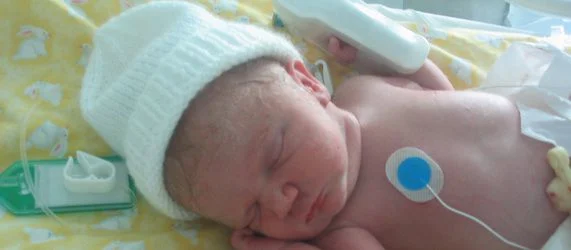Survival rates of prematurely born infants have greatly improved thanks to advancements in medical technology, however developmental outcomes continue to be inconsistent.
The neonatal intensive care unit (NICU) has become the focus of researchers’ attention since it is in that environment that premature babies spend their first period of life.
Scheduled to be published in The Journal of Paediatrics, a new study investigated the link between NICU room types and the developmental outcome of the toddlers at the age of 2 years. Previous research has indicated that the noisy and bright conditions of a typical NICU may have had an adverse effect on the development and growth of premature babies, suggesting that infants may be better placed in a quiet environment.
Based on these findings, a number of NICUs are conducting renovations and moving away from the traditional open ward with the aim to create private rooms.
Roberta Pineda, PhD, and colleagues from Washington University School of Medicine explains that it was assumed private NICU rooms would have a positive effect on the neurodevelopment of infants accommodated there, whereas hospitalisation in an open ward would result in a detrimental outcome.
The study included over 125 infants born pre-term (< 30 weeks) between the years of 2007 and 2010 with about half of them assigned to private rooms and the other half to open wards. Testing on the infants covered neurobehavior, brain imaging and amplitude integrated electroencephalography, and initial neuroimaging and electrophysiological findings suggested a difference in their cerebral development.
Subsequent assessments were conducted on eighty-six of these preterm infants at 2 years of age, finding that children who were in the NICU private rooms showed lower scores in language as well as lower motor scores with a trend toward more externalizing behavior.
The findings of this research suggest that the current trend towards a private room NICU model with decreased noise may actually prove detrimental to the babies’ normal brain development.
According to Dr. Pineda insufficient sensory stimulation in infants resulting from a decrease of light and sound does have an affect on their neurodevelopment. She went on to say that despite brain development being adversely affected by a noisy environment, prolonged periods of silence may have the same negative impact and concluded that further research should take place in order to determine the ideal environment for premature infants hospitalised in the NICU.
Latest Articles
NICU
Survival rates of prematurely born infants have greatly improved thanks to advancements in medical technology, however developmental outcomes continue to b...










